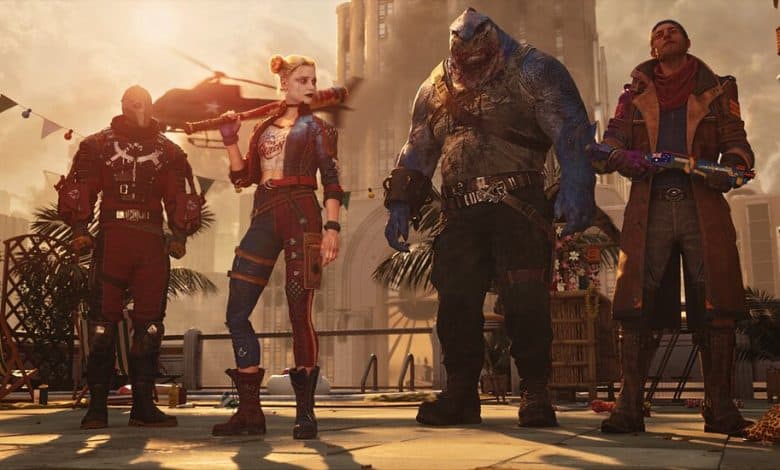The Suicide Squad Faces a New Villain: Industry Demons

The Batman: Arkham video games were an immersive fantasy that promised players they would become the Caped Crusader — exploring Gotham City by grappling and gliding between rooftops, fighting with a mix of gadgets and martial arts.
So it was no surprise that the developer behind that series, Rocksteady Studios, had again prioritized the visceral thrills of traversal and combat, this time across Metropolis’s concrete battleground, when it released Suicide Squad: Kill the Justice League this month.
But slick gameplay alone will not be enough for Suicide Squad, Rocksteady’s first game in eight years, to be considered a success.
Unlike the single-player Batman games, Suicide Squad is a live service game that features four-player co-op and an array of new gear that is unlocked after every mission. For Rocksteady’s big investment to pay off, it needs a devoted player base that regularly returns to play the game — and to spend money.
Live service games, which regularly introduce new content through free or paid expansions, are high risk and high reward.
Genshin Impact, Destiny 2 and Apex Legends have all earned hundreds of millions of dollars through microtransactions, but as competition for players’ time increases, the financial strategy finds itself in limbo. Destiny 2 reached its lowest player counts in recent months, and even established studios are struggling to crack the code: Bioware’s Anthem failed to gain traction, and the servers for Marvel’s Avengers, by Crystal Dynamics, were shut down in September.
We are having trouble retrieving the article content.
Please enable JavaScript in your browser settings.
Thank you for your patience while we verify access. If you are in Reader mode please exit and log into your Times account, or subscribe for all of The Times.
Thank you for your patience while we verify access.
Already a subscriber? Log in.
Want all of The Times? Subscribe.
